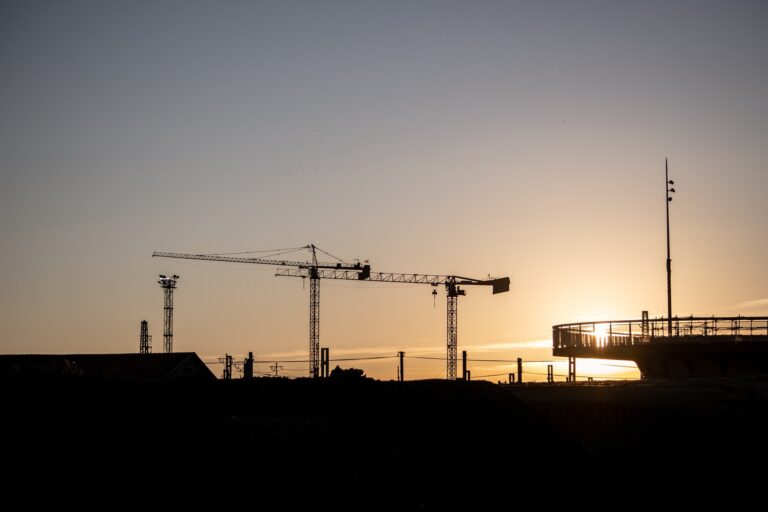This website uses cookies as well as similar tools and technologies to understand visitors’ experiences. By continuing to use this website, you consent to Columbia University’s usage of cookies and similar technologies, in accordance with the Columbia University Website Cookie Notice.
Guest
Jim Farley & Mary Nichols
Chief Executive Officer of Ford & Distinguished Visiting Fellow at CGEP
The transportation sector is the largest source of greenhouse gas emissions, and there is much excitement today about the road ahead for electric vehicles.
Many automakers have pledged to increase the share of their production by going all battery or fuel cell electric within a decade, but few of the new models meet current buyer preference for larger vehicles with increased utility. But the Ford Motor Company’s introduction of the F-150 Lightning, a battery electric version of the best-selling truck in the U.S. for the last 44 years, may signal a tipping point in building the future of zero emissions transportation.
This live episode of the podcast, moderated by host Jason Bordoff, features two key figures in the clean transportation transition:
The first is Jim Farley, President and Chief Executive Officer of Ford, a role he took on just about a year ago. He also serves as a member of the company’s Board of Directors and was previously Chief Operating Officer.
Also in the conversation is Mary Nichols, a long-time environmental champion and Chair of the California Air Resources Board. She’s now a Distinguished Visiting Fellow at the Center on Global Energy Policy.
Jim and Mary discuss the significant changes taking place in the industry’s plans and strategies to achieve carbon neutrality and the role of regulation, policy and investments in building demand for battery electric vehicles.
The Climate Group selected the Columbia Climate School as its University partner for this year’s Climate Week NYC. Running Sept. 20-26, Climate Week NYC convened key climate leaders to accelerate climate action and discuss ambitious commitments ahead of the 26th UN Climate Change Conference this fall in Glasgow.
More Episodes
The Nexus of Climate Policy and National Security
As President Biden’s national security advisor, Jake Sullivan laid out a strategy for what he called a “foreign policy for the middle class.” Using the metaphor of a...

Trade War Turbulence and Clean Energy
It’s hard to overstate how consequential President Trump’s “Liberation Day” tariffs have been for American economic policy. While the administration has paused the steep reciprocal tariffs it announced...

Front Lines of the Energy Transition
In energy policy circles, the word “resilience” often refers to future-proof systems or infrastructure designed for the transition away from fossil fuels. But resilience means something different to...

Europe’s Energy Trilemma
The European Union’s energy landscape is transforming rapidly, as the bloc works to reduce emissions, lower energy prices, and decrease dependence on Russian fuel—three goals proving to be...

Relevant
Publications
Assessment of the potential of sustainable fuels in transport in the context of the Ukraine/Russia crisis

Research for TRAN Committee: Assessment of the potential of sustainable fuels in transport

Updating Trade for Job Creation and Climate Protection
On March 31, the US Treasury Department issued guidance on tax incentives for vehicle batteries and minerals under the Inflation Reduction Act (IRA). Among other features, the new...


